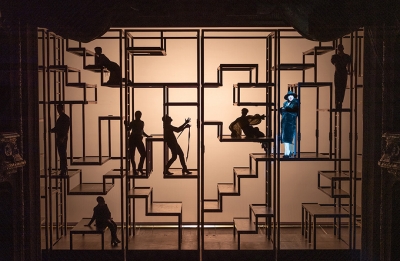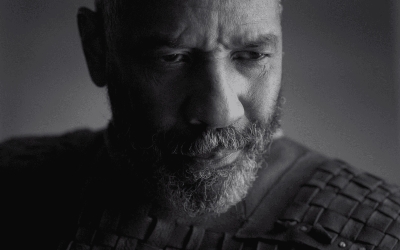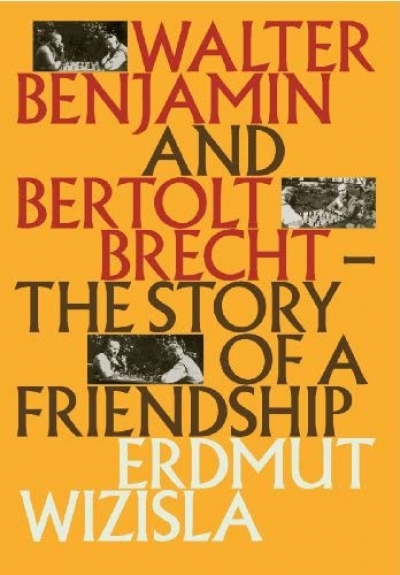Bertolt Brecht
Could Macbeth be Shakespeare’s most innately cinematic play? Even in its brief stage directions and off-stage action, it conjures up daring battlefields, horrible massacres, spine-tingling witchcraft, wandering spirits, duels on castle ramparts, and a moveable forest. Every few years another filmmaker tries their hand at it, Orson Welles (Macbeth, 1948), Akira Kurosawa (Throne of Blood, 1957), and Roman Polanski (Macbeth, 1971) notable among them. 2006 gave us Geoffrey Wright’s best-forgotten Dunsinane-does-Underbelly version, while Justin Kurzel (director of Snowtown and the recent Nitram) injected his terrific 2015 version with rousing battle sequences and a blockbuster-ready, musclebound Thane of Glamis. Now, not long after Kurzel’s film, comes The Tragedy of Macbeth from Joel Coen, working without his brother Ethan for the first time in decades. Where Kurzel’s version aimed for historical realism and cinematic virtuosity, Coen’s adaptation is faithful above all else to Macbeth’s original medium: the theatre.
... (read more)I was asked to interview the Chinese theatre director Meng Jinghui recently. He’s a cult figure in China, an associate director of the Beijing-based National Theatre and has over two million followers on Sina Weibo, the Chinese equivalent of Twitter.
Walter Benjamin and Bertolt Brecht: The Story of a Friendship by Erdmut Wizisla, translated by Christine Shuttleworth




